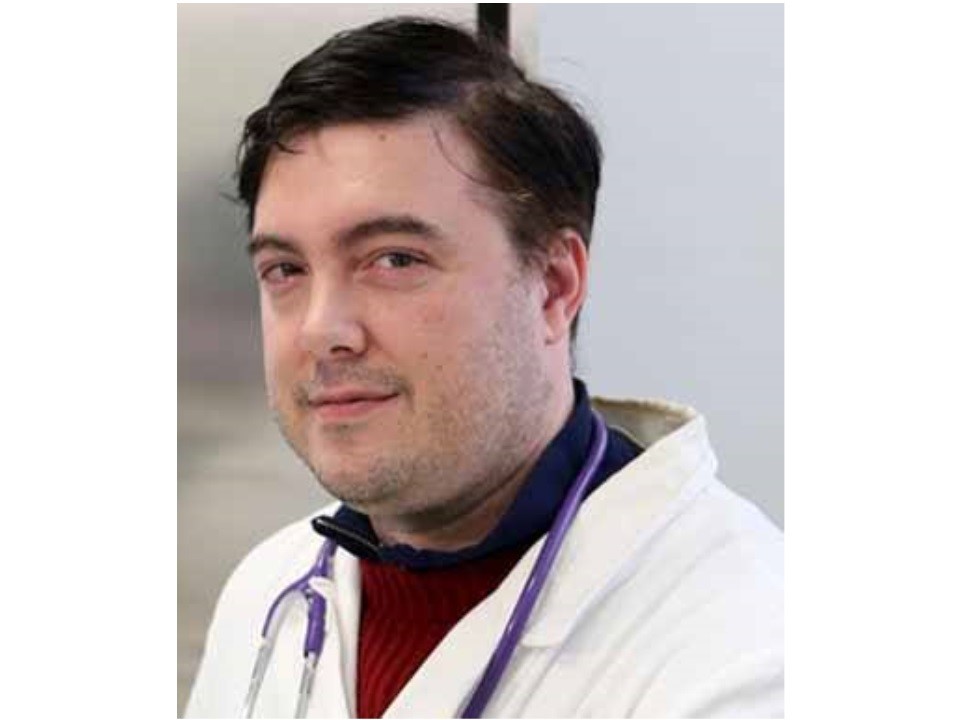Need Help?
16 September 2021
Meet the Editors | Interview with Prof. Dr. Arrigo Cicero—Editorial Board Member of the Section “Cardiology” in Diseases

Thank you for accepting our invitation for the interview. This interview will have two parts, mainly concerning your research and editorial work. We believe your scientific experience can provide inspiration to young researchers and your editorial experience will have a great impact on the development of science.
Part I—Regarding your research work:
- Firstly, could you please introduce yourself?
I am Arrigo F. G. Cicero, M.D., Ph.D., Prof. of Human Nutrition at the University of Bologna, Italy; board certified in Clinical Pharmacology, and internal medicine consultant.
- What got you interested in scientific research in the first place?
I like to understand mechanisms and find solutions. And I hope to contribute to new discoveries that can improve the health of people.
- Can you briefly describe your research and summarize it in several keywords?
I am mainly involved in clinical epidemiology and clinical research on cardiometabolic risk factors, with a particular focus on hypertension and lipid disorders, and their management with lifestyle changes, dietary supplements and drugs.
- Can you briefly share your career development story? For example, which cases have influenced you the most?
I started my medical carreer with a dissertation on the epidemiology of familial combined hyperlipoproteinemia, then I attained a board certification in Clinical Pharmacology and a Ph.D. on experimental medicine for the treatment of atherosclerosis. Currently I am professor of human nutrition and president of the Italian Nutraceutical Society. The cases that have influenced me the most were my first case at the lipid outpatient clinic of the University of Bologna, and my father, who suffered from the disease, because each possible cardiovascular complication relates to chronic kidney disease.
- As a researcher in cardiology, what valuable suggestions would you like to share with young scholars in terms of research topic selection?
I would suggest the young researchers to focus on the new paradigm of cardiovascular disease prevention, where young doctors should face the interaction between more intriguing preventive drugs in the field of dyslipidaemia and type 2 diabetes.
- What do you think are the most important characteristics of researchers? Do you have any suggestions for young researchers?
Be open minded but follow one main research line! Moreover, learn to statistically analyze your data, at least in the early stages, in order to be independent and to follow the direction of your research.
Part II—Regarding your editorial work:
- What attracted you to join the academic editor team of Diseases?
MDPI is a very dynamic group and almost all the medical journals of the group had a very quick increase in IF.
- What do you think of the future of our journal Diseases?
Diseases will have a positive growth, as will many other MDPI medical journals, with the help of a great Editor-in-Chief and editorial board.
- What perspective do you think the section “Cardiology” will bring to the related fields?
The wide scope of the section will attract many papers, especially the multidisciplinary ones.
- What have you gained from the editorial work?
I had the possibility to read interesting papers before they are published and I developed a more critical method to focus on text and data.
- How do you improve your academic writing ability?
I simply read great papers from experts and known authors and train myself by writing different kind of papers.
- What do you think of the development of Open Access in the publishing field? How do you respond to Open Access skeptics?
Open Access has increased the speed of publication and the possibility of researchers from all over the world to read scientific literature. However, it discriminates authors who do not have the support to pay for the Open Access option, especially those from poor countries, but also young researchers. If the skeptics raise this point, I have no answer, since it is true.

